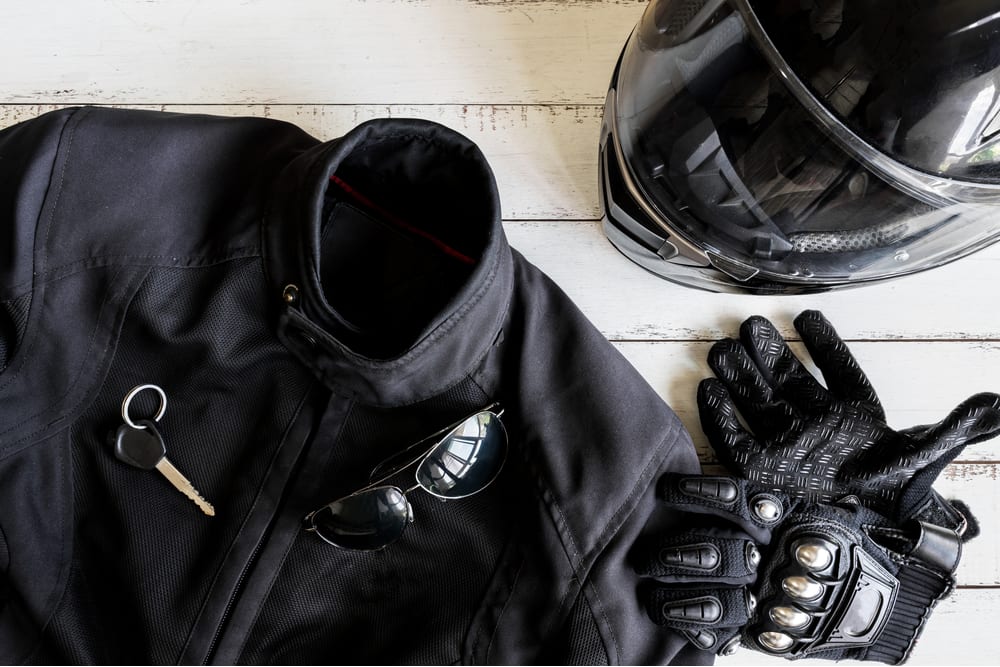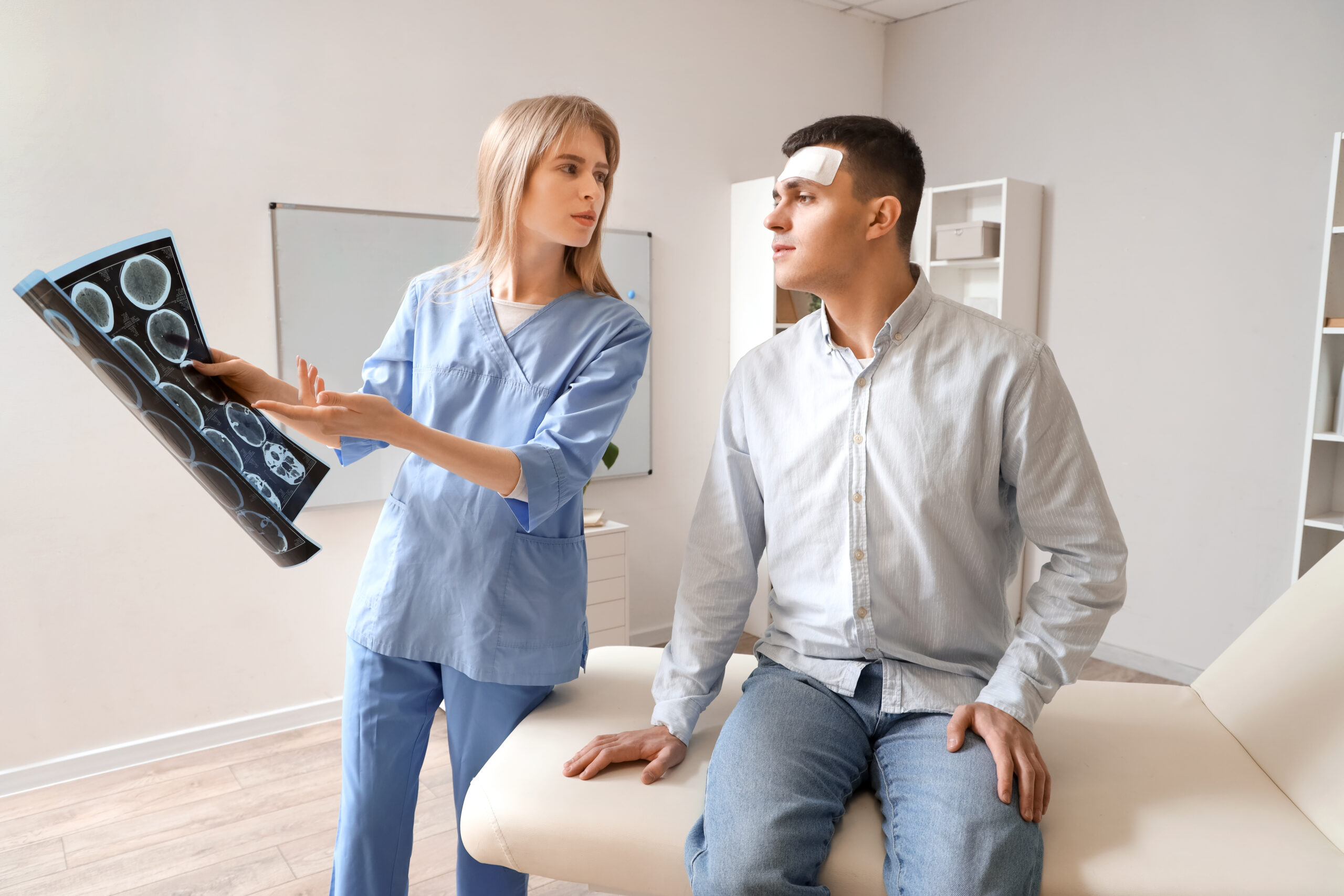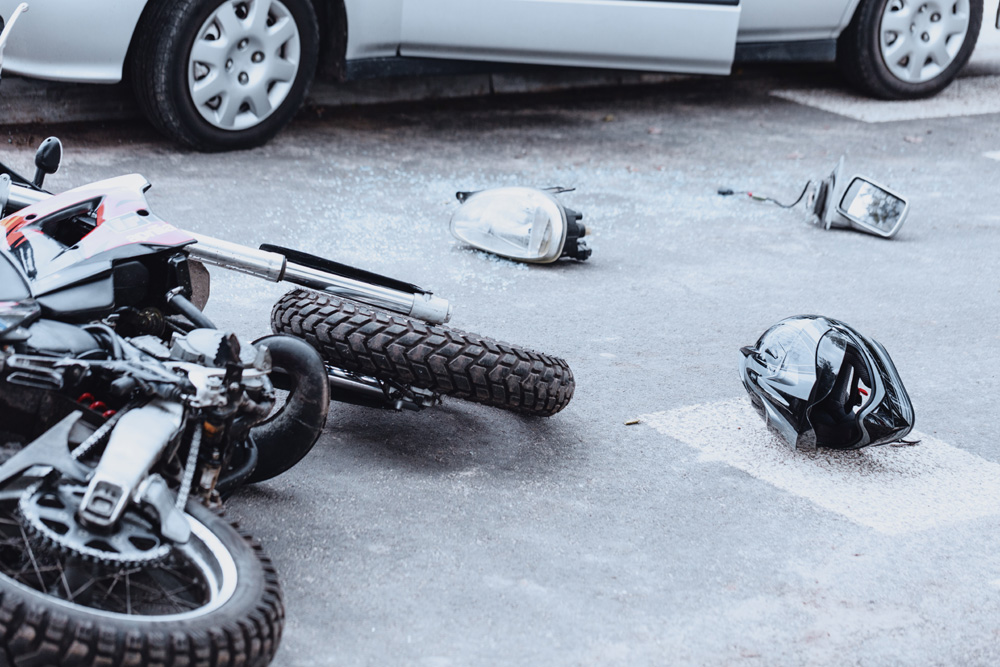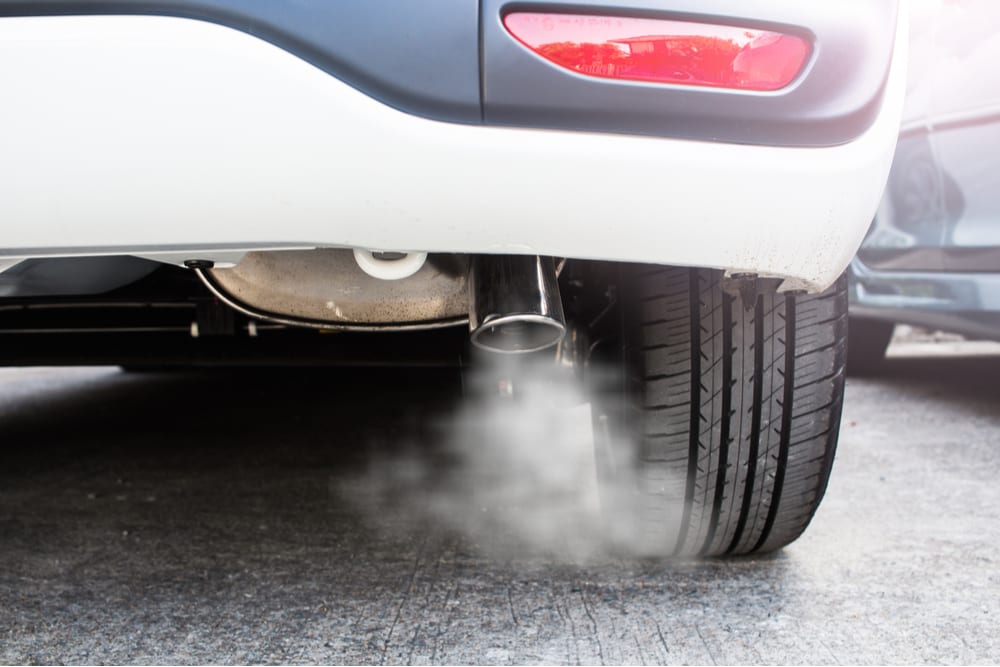Motorcyclists come from all over the country to ride in Florida. With sunny weather, scenic views, and flatland for smooth riding, what’s not to love? Although Florida generally has a laid-back feel, when it comes to motorcycle safety, there are specific requirements that are non-negotiable. The following article explains what safety equipment you need to ride a motorcycle in Florida.
Required Motorcycle Safety Equipment in Florida
Florida laws on motorcycle safety equipment are strongly enforced. Locals and out-of-state bikers alike must all follow Florida’s equipment requirements. Keep in mind, however, that these laws apply to standard motorcycles only – not dirt bikes, ATVs, or other vehicles.
Eye Protection
Motorcyclists must always wear eye-protective devices, like goggles, that are approved by the Department of Transportation (DOT) when riding in Florida. This is so bikers can see clearly and comfortably at speeds, and to prevent bugs and dust from flying into your eyes or obstructing your line of sight. A windshield is not enough for you to see with clarity while riding a motorcycle. With the wind, it can be challenging to open your eyes, much less see clearly, at high speeds without goggles. When choosing eyewear, look for the following attributes:
- High-quality goggles, glasses with safety lenses, or a helmet with a built-in face shield;
- Scratch-free, shatter-proof, and well-ventilated eyewear to stop fog buildup;
- Non-tinted eyewear for riding at night.
Many bikers choose a helmet with a built-in face shield, but these types of helmets can make night-riding challenging if there is any tinting on the face shield.
Helmets
The most critical piece of safety equipment is the helmet. While Florida law doesn’t require the use of helmets while operating a motorcycle for all riders, any rider under the age of 16 are required to wear a helmet. There is no exception to this rule until the rider becomes of age. One thing to bear in mind is, although motorcyclists over the age of 21 are not required to wear helmets, you must have insurance coverage of at least $10,000 in medical benefits for injuries that can result from a motorcycle crash. Even then, however, it’s strongly advisable to wear a helmet anyway. Helmets are proven to save lives and protect from brain injuries in the event of a motorcycle crash. According to the National Highway Traffic Safety Administration, motorcyclists who don’t wear a helmet are 40% more likely to experience a fatal head injury and 15 percent more likely to experience a non-fatal head injury.
Gloves
Durable, heavy-duty gloves are a MUST when riding a motorcycle. Florida law requires it, but gloves also make riding safer and more comfortable. Motorcycle gloves give the rider a firmer grip and protection from the wind. Most motorcyclists opt for long-lasting leather gloves. To prevent airflow up your sleeves, choose longer, gauntlet style gloves. Some gloves are designed for all types of weather conditions, including cold temperatures and rain. Because the climate stays warm for most of the year in Florida, many trustworthy brands design gloves with built-in venting systems and air intake vents on the finger areas.
Lights and Mirrors
Each motorcycle should be equipped with headlights, taillights, reflectors, turn signals, and rear-view mirrors on both the right and left-hand sides. These features help the motorcyclist see other vehicles and that the motorcyclist is more visible to the other drivers on the road. These are especially useful when it’s dark out or when the weather is less than optimal.
License Plates
As with cars, motorcycles must display state-issued license plates. Riders under the age of 21 must have a license plate that’s color-coded with a distinctive design from other standard ones to demonstrate the biker’s age to law enforcement.
Passenger Equipment
If a motorcyclist chooses to have a passenger, the motorcycles must be equipped to accommodate a passenger. Mandatory safety equipment that a bike must have to be legal for passengers includes a backseat area and footrest for passengers.
Riding in Florida without the previously mentioned safety equipment can land a motorcyclist with a ticket for a traffic infraction if law enforcement notices.
St. Petersburg’s Trusted Motorcycle Accident Attorney at Marsalisi Law
Wearing the described safety equipment will keep you from receiving a ticket if stopped by a police officer. While this protective safety equipment will prevent you from getting a ticket, they won’t always protect you from the carelessness of others.
If you’ve been the victim of someone else’s negligent actions that caused you to get hurt while riding your motorcycle, know that you’re not alone. Turn to Frank P. Marsalisi of Marsalisi Law to help and advise you on your motorcycle injury claim. Frank has helped hundreds of clients receive full and fair compensation for their injuries caused by the actions of someone else on the road. He’s helped motorcycle accident victims claim millions of dollars and can help you too. Call him for a free consultation to discuss your personal injury claim at 727-800-5052 or fill out an online contact form to schedule a meeting today.
Marsalisi Law is Where Law Gets Personal.







